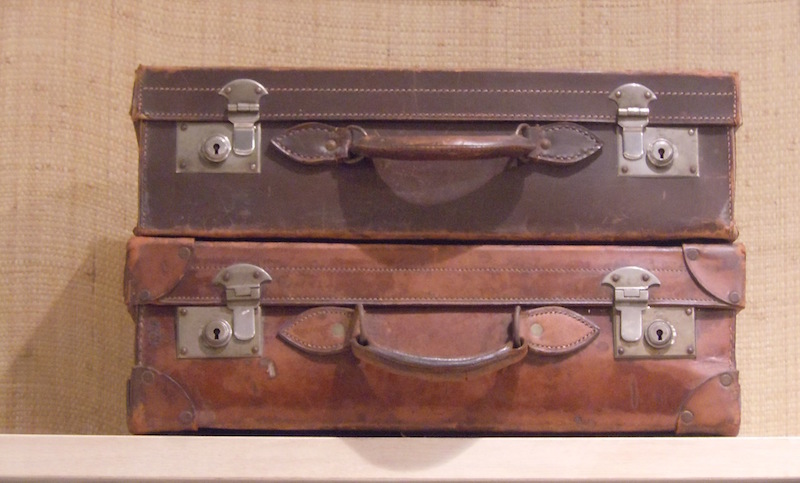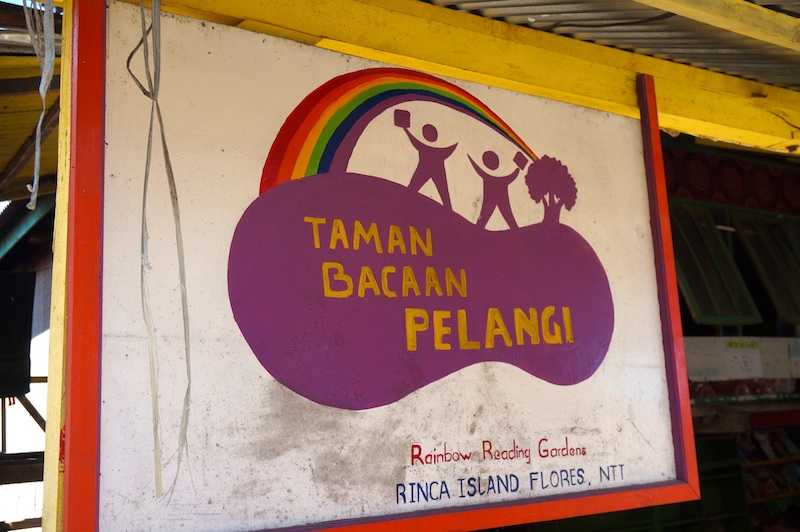
Adapting to another country’s culture is a fascinating process. In March we launched a survey on our FB group to find out which attitudes, customs and behaviours bother us about our host countries. This was one of our most popular surveys, and revealed some real gems: you need to read it to believe it!
Premise: this survey is based on response from our Expatclic community members, so it’s geographically limited to their host countries. Its aim is not to describe local customs, but to see whether there are similarities between attitudes and cultural norms that irritate us, that we don’t understand, or that we find difficult to accept.
You may not believe this, but the country most criticised in the survey was…Italy! These observations were made by foreigners living in the bel paese, but actual Italians came on board to agree with and elaborate on them. So what don’t we like about Italian culture? First of all, the disregard for rules, followed closely by the indiscriminate use of mobile phones everywhere. Speaking excessively loudly is also a problem, including on TV programmes. Another source of frustration is the fact is that Italians don’t respect the environment (for example, they clean their cars by throwing the garbage out of the window). Prioritising form over substance is a further irritant, as was, of course, machismo.

Poor China, in second place, didn’t fare much better. In fact it’s a Chinese habit that troubles the largest number of Expatclic women: producing a hacking noise when clearing the throat, followed by spitting on the ground.
Our community finds it hard to accept public burps, spitting, nose-picking and other bodily functions in relation with the surrounding environment. People are horrified by loud burps (Indonesia, the Netherlands, and Pakistan), by people discarding their used Q-tips anywhere and everywhere (China), people speaking with toothpicks in their mouths and spitting out bits of food when dining in company (Senegal), sniffing, or expectorating on the ground, (Finland, the Netherlands and Pakistan), nose-picking (Congo and Kenya), nose-blowing in one’s hands (Indonesia and Kenya).
 The lack of respect for common spaces was also mentioned: we have already cited people littering in Italy: this is also exasperating in Spain. Some of our members are annoyed by people in Laos burning garbage below their neighbours’ windows, and by the indiscriminate use of air conditioning in Indonesia and in the United States. We are bothered by people speaking too loudly (Italy, Senegal), or jumping the queue (China). We don’t like it when people stand too close to us (China, Portugal). We dislike people shoving on public transport (Ireland), drivers cutting in front of us and forcing us to slow down (Singapore), and the slowness of cashiers at supermarket tills (Philippines).
The lack of respect for common spaces was also mentioned: we have already cited people littering in Italy: this is also exasperating in Spain. Some of our members are annoyed by people in Laos burning garbage below their neighbours’ windows, and by the indiscriminate use of air conditioning in Indonesia and in the United States. We are bothered by people speaking too loudly (Italy, Senegal), or jumping the queue (China). We don’t like it when people stand too close to us (China, Portugal). We dislike people shoving on public transport (Ireland), drivers cutting in front of us and forcing us to slow down (Singapore), and the slowness of cashiers at supermarket tills (Philippines).

Photo by Christopher Ayme
As you can see, China often bothers our members, and you might think that it’s simply a question of us not being able to accept Asian culture and habits in general, but no! Even the very ‘Western’ United States and Australia get our backs up. Why? In the U.S. people have dinner too early, people promise to invite you then don’t follow up, and if they do invite you, it’s never to eat in the garden because they have an insect phobia. In addition, they don’t even enjoy holidays: in some cases people take only 5 to 7 days off during the summer. The infrastructure in the U.S. is also a problem, along with healthcare, bureaucracy, excessive abruptness or over-eagerness to pleasAnd where does Australia go wrong? People wear flipflops, even when it’s 0°C, and they do so out of principle. And then they overdo form: too much saying ‘sorry’ and ‘thank you’, too many unnecessary artificial smiles: behaviour which leads to a lack of spontaneity, which in turn weighs on social relationships.
Our Expatclicchine also have issues with less material concerns, for example, with anything that makes it difficult to get into contact with people and form human relationships. Our participants don’t appreciate the rigidity of the Netherlands, where people ‘open a page on Google Calendar for an event in two months’ time’, the inability of Irish people to ‘have a conversation without at least five pints of beer in their belly and to be sick every night’, French people’s ‘unbearable langue de bois (hypocrisy in speech) which spans all levels of society’, the chronic lack of dinner invitations in Singapore and the U.S., the lack of spontaneity in Austria, the absence of smiles and kindness in the streets and shops of Israel.
Another nuisance is when ‘yes’ means ‘no’ in Indonesia, Brasil and Laos, and the constant postponing of events, in Senegal and Bolivia.
We had a lot of fun, even though reading through all the irritants made us want to counterbalance our list with a list of things that we like about our host countries. It’s well known that the meeting of cultures is not always a bed of roses, but expressing our denial or horror of certain practices in words is surely a good start towards improving our intercultural skills.
Claudia Landini (Claudiaexpat)
September 2017
Jakarta, Indonesia
Translated from Italian by Paola Fornari




